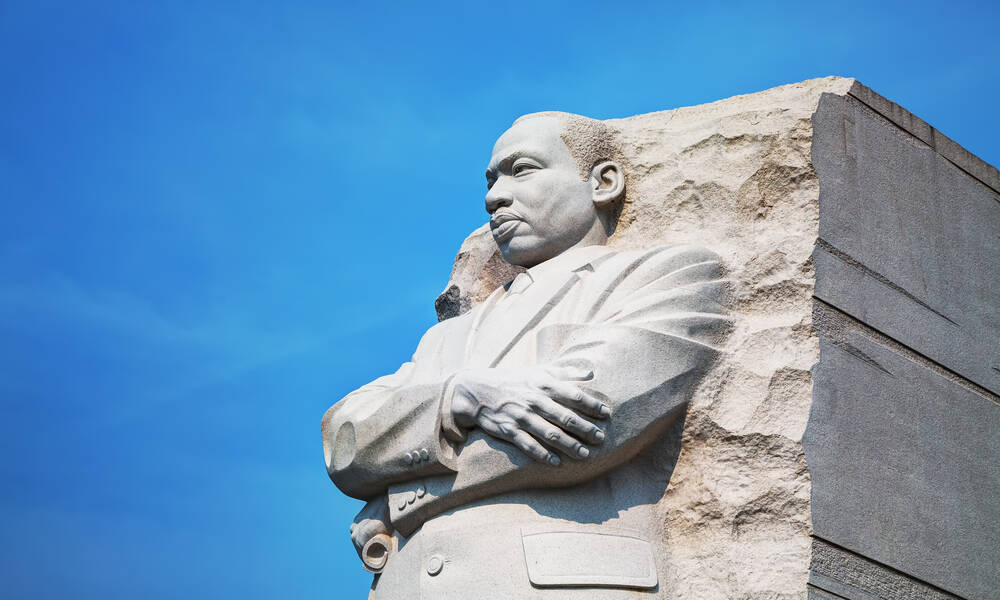
MLK’s Historic Speech to an Association Still Resonates
Fifty-three years ago, Martin Luther King Jr. addressed the American Psychological Association’s annual meeting during a time of racial unrest and division in the United States. He called on APA’s members to use their professional abilities to eliminate racial injustice and bias.
The words of Martin Luther King Jr. were prominently featured on protesters’ signs in cities around the country—and the world—in the wake of the killing of George Floyd by the Minneapolis police. His words and his convictions still resonate, as they did 53 years ago when he addressed the American Psychological Association’s 75th annual meeting in Washington, DC.
In the speech, King outlined the key role he believed psychologists and other social scientists should play in helping the United States overcome racism. “Social science should be able to suggest mechanisms to create a wholesome black unity and a sense of peoplehood,” he said. He expressed hope this could happen, saying, “Black people still have faith in a dream that we will all live together as brothers in this country of plenty one day.”
King challenged the audience to be more involved in getting to the root causes of racism, which he called “gigantic in extent and chaotic in detail.” He also called on APA members to help build an understanding of the underlying causes of the urban violence and rioting of the period.
On the 50th anniversary of the historic speech, in 2017, APA examined whether King’s calls to action had succeeded. Melba J.T. Vasquez, Ph.D., APA’s first Latina president, told APA’s Monitor on Psychology, “APA is a microcosm of U.S. society, and it seems that these days, the majority of U.S. society cares about diversity, health disparities, violent extremism, social inequality, and social problems.” But, she added, “too many of us continue to reject the degree to which racism poisons and permeates all of our institutions, producing unjust inequities.”
Putting King’s historic speech into perspective for associations today, Kim Mills, APA’s senior director of strategic external communications and public affairs, said associations should be open to “hearing difficult messages,” even from people outside the organization. It’s easy for associations to be insular, she said, but they can benefit from hearing from “leaders in other realms of society who can provide new perspectives and open members’ eyes to work that they might not be doing but should in order to remain vibrant and relevant as an association.”
In 2020, the country is still grappling with unfulfilled attempts to quell racism. But psychologists continue to pursue the work King encouraged, Mills said. They have conducted extensive research into the causes and effects of racism—on both mental and physical health—and they have led efforts to help people recognize and understand their own racism or implicit biases with the goal of eliminating them.
However, Mills acknowledged that much work remains to be done. “Racism still persists in our nation so, arguably, none of us has done enough to combat it,” she said. APA has long been committed to working on behalf of diversity and inclusion, Mills noted, and it has enacted many policies and resolutions to end discrimination, promote diversity, and improve police and community relations, among other social justice initiatives.
Even as King spoke of serious racial disparity in his APA speech, he expressed optimism. “[W]e may be able to emerge from the bleak and desolate midnight of man’s inhumanity to man, into the bright and glittering daybreak of freedom and justice,” he said, adding, “I have not lost hope.”
(AndreyKrav/iStock Editorial/Getty Images Plus)






Comments